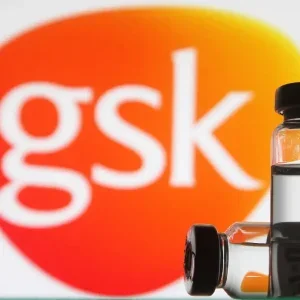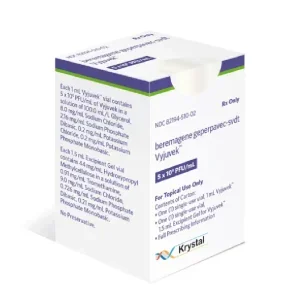Merck, through one of its subsidiaries, has agreed to acquire Caraway Therapeutics for a total potential consideration of up to $610m.
Caraway is a preclinical biopharmaceutical firm dedicated to developing therapeutic strategies for rare and neurodegenerative diseases that are determined by genetics.
It was established in 2017 by Dementia Discovery Fund (DDF), an SV Health Investors (SV) fund VI with co-founders, including SV Venture Partner, Tim Harris.
Under the agreement, Merck will acquire all the outstanding shares of Massachusetts-based Caraway with earnout milestones related to the development of certain pipeline candidates.
The total consideration includes an undisclosed upfront payment and contingent milestone payments.
Merck, known as MSD outside the US and Canada, plans to expense the upfront payment as part of its Q4 2023 expenses.
Caraway Therapeutics CEO Martin Williams said: “This important milestone is a testament to the hard work and dedication of the Caraway team and our mission to develop therapeutics with the potential to alter the progression of devasting neurodegenerative diseases and help patients.
“This acquisition leverages Merck’s industry-leading research and development capabilities to help further advance our discovery and preclinical programmes.
“We thank and appreciate our investors, including SV Health Investors and its Dementia Discovery Fund, AbbVie Ventures, Amgen Ventures, Eisai Innovation and MRL Ventures Fund for their support.”
The acquisition is expected to support Merck’s commitment to developing therapies for neurodegenerative diseases.
Caraway has ongoing drug discovery programmes for several lysosomal drug targets for Parkinson’s disease, like TRPML1 and TMEM175.
The transaction has already been cleared by Caraway’s board of directors.
Merck Research Laboratories discovery, preclinical development and translational medicine senior vice president George Addona said: “Caraway’s multidisciplinary approach has yielded important progress in evaluating novel mechanisms of modulation of lysosomal function with potential for the treatment of progressive neurodegenerative diseases.
“We look forward to applying our expertise to build upon this work with the goal of developing much-needed disease-modifying therapies for these conditions.”






